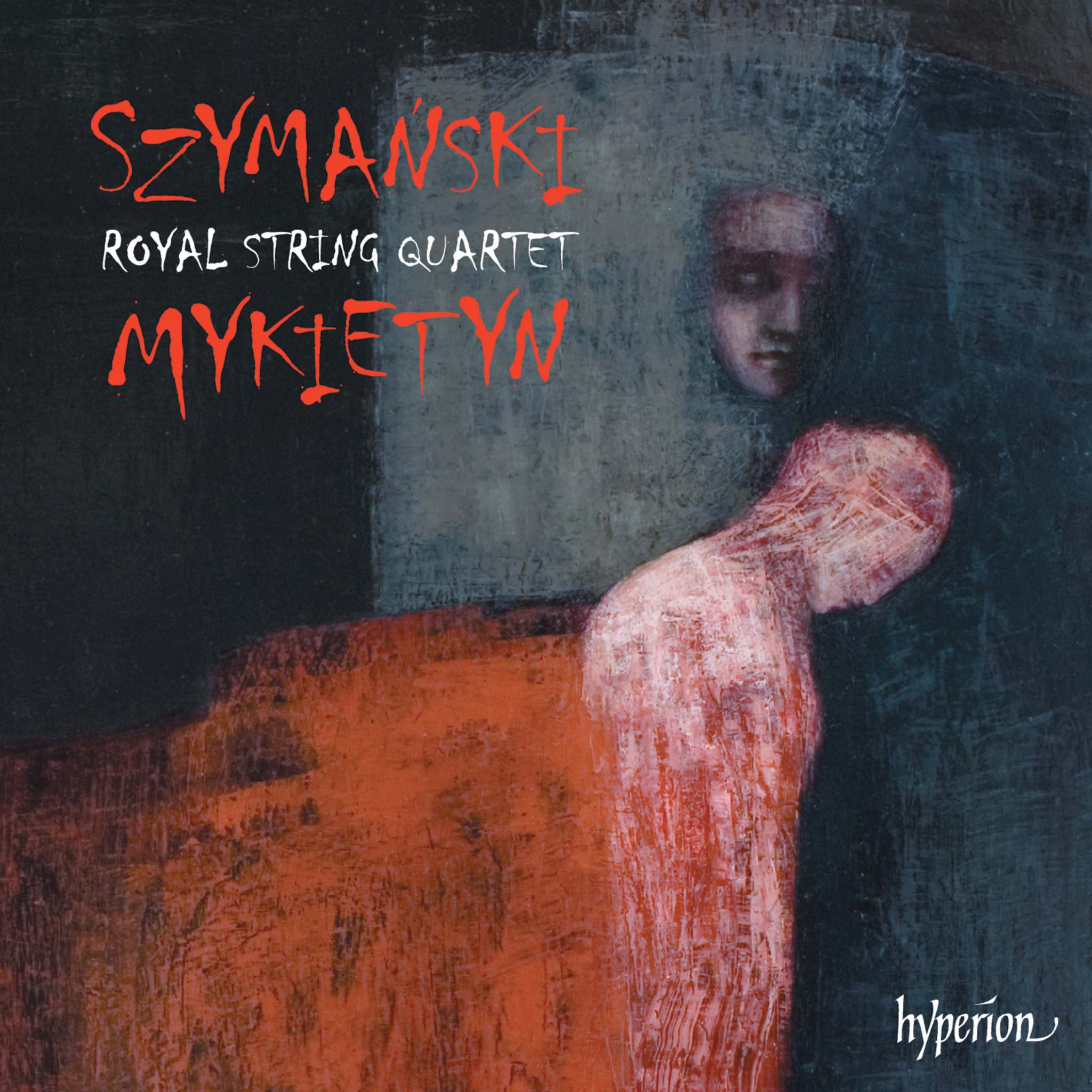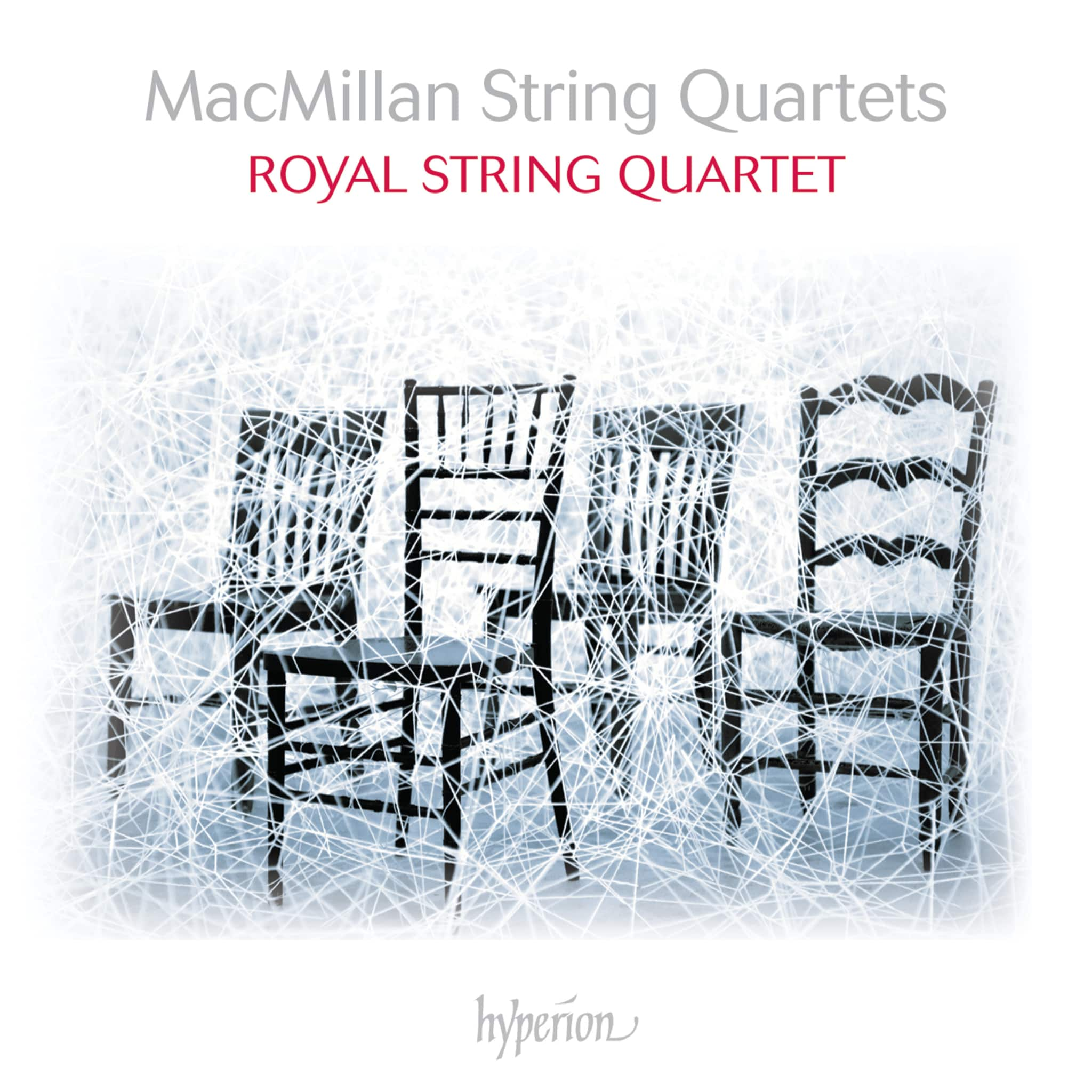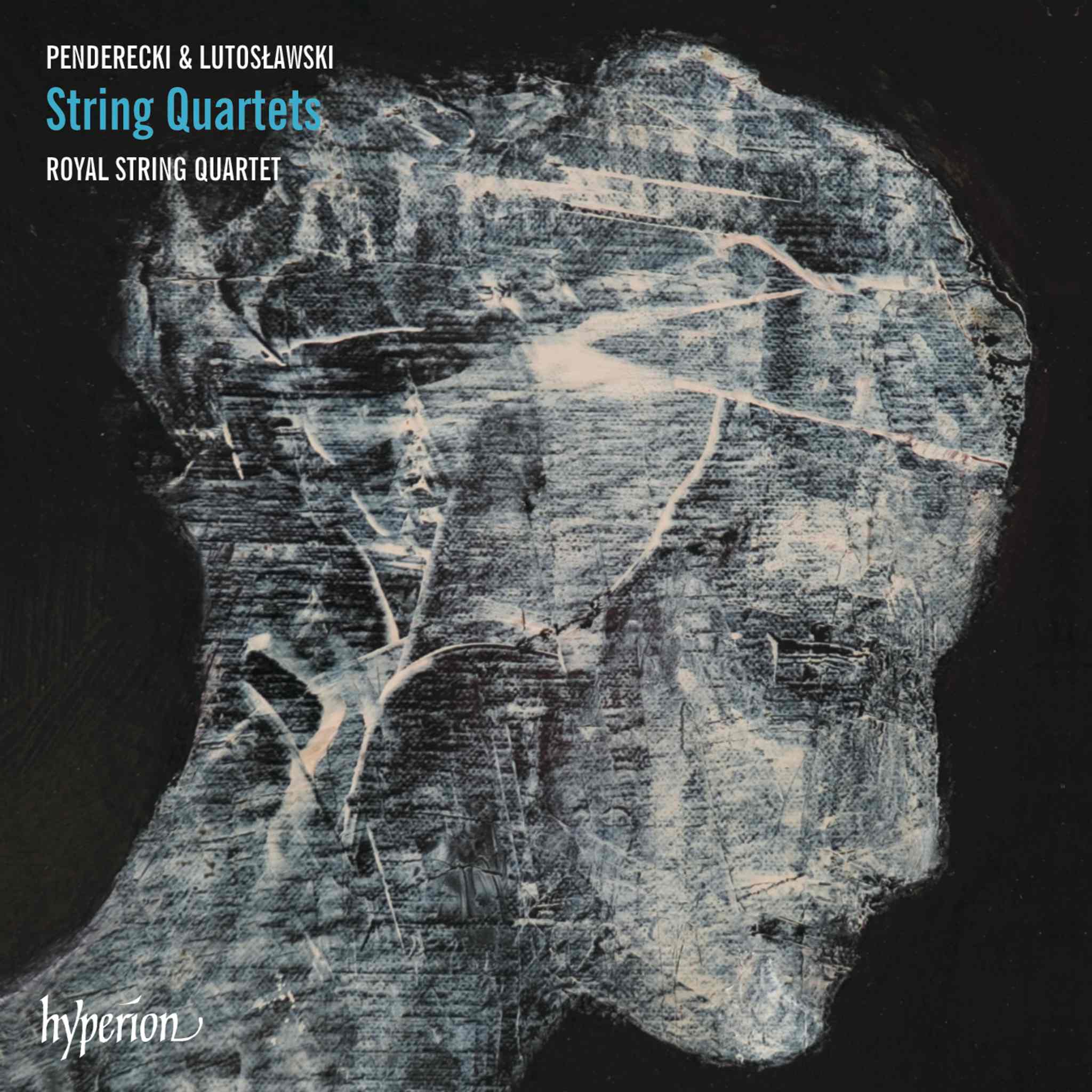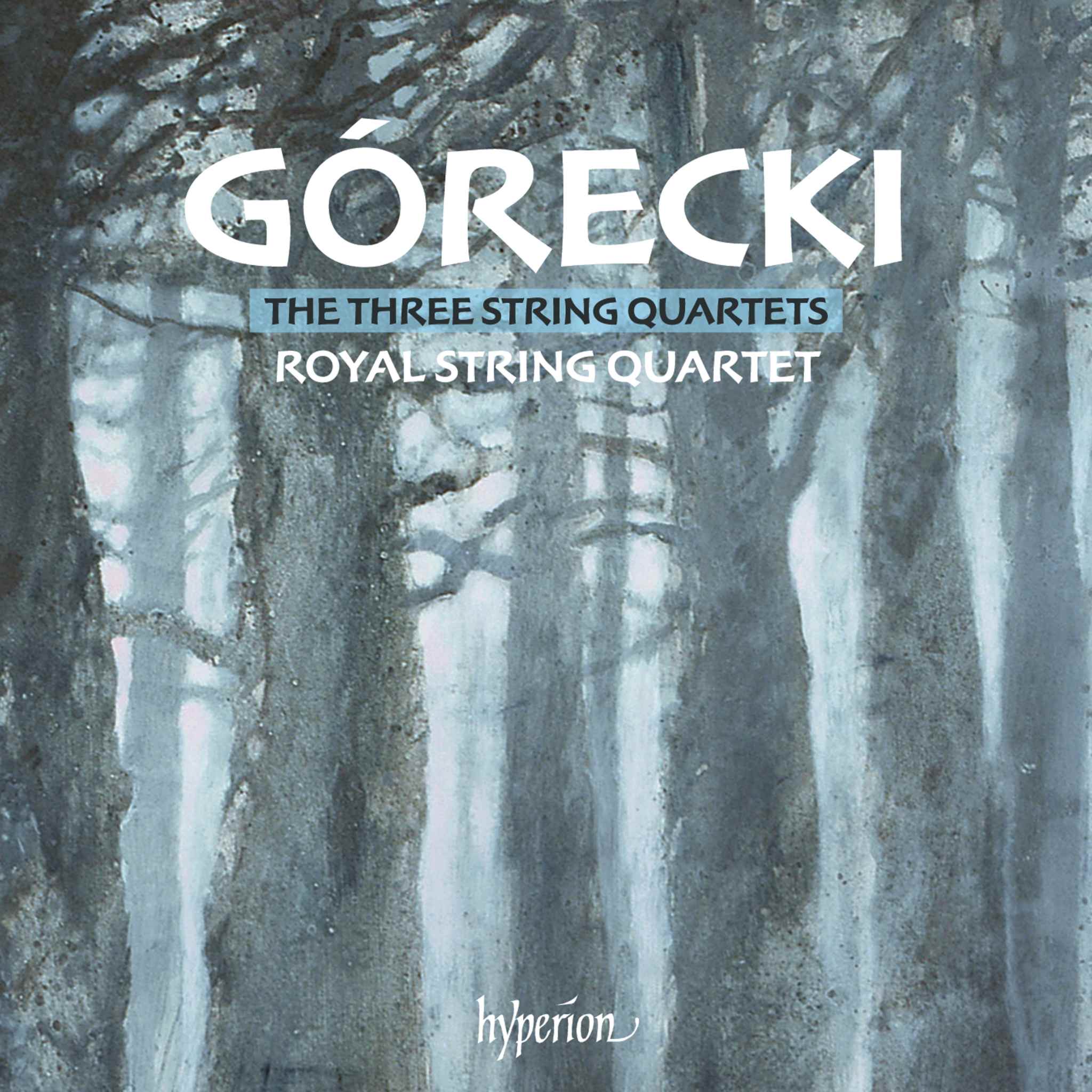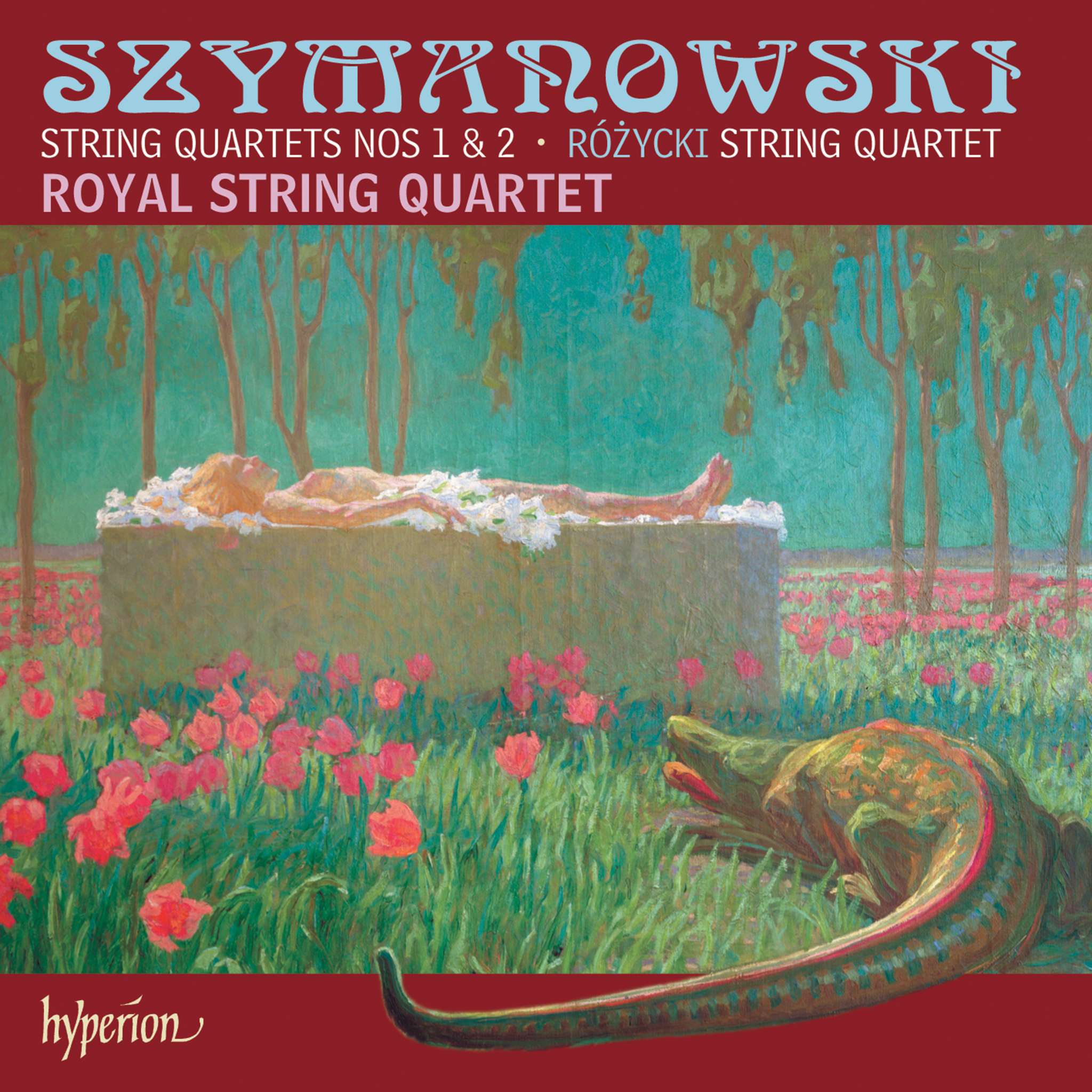In the Polish music scene, the names Paweł Szymański and Paweł Mykietyn may not be as well-known as those of composers born before World War II, such as Lutosławski or Penderecki. Within Poland, however, they have long been regarded as pioneers of a new direction in Polish music. Their works encompass chamber and orchestral music, choral and vocal music, as well as operas and music for theater and film.
Paweł Szymański first gained recognition in the late 1970s after studying with prominent composers in Warsaw (Włodzimierz Kotoński and Tadeusz Baird) and Vienna. From the outset, his compositional voice and aesthetic approach were distinctive. His music demonstrates both a profound engagement with the conventions of the past and an ironic, sometimes unsettling, distance from them. Many of his works draw inspiration from the 18th century, as in the Sonata for Violins, Double Bass, and Percussion (1982) or the Orchestral Partita IV (1986).
The foundation of his compositions is often a fully developed canon or fugue, which he then punctuates with pauses or softens to the point of indistinguishability. Mykietyn, born in 1971 in Olawa, Poland, is an award-winning composer and clarinetist. By 2012, he had composed two symphonies, cello, piano, and violin concertos, as well as the St. Mark Passion for soprano, narrator, choir, and orchestra. As a film composer, he has collaborated with renowned directors such as Andrzej Wajda and Jerzy Skolimowski.
The string quartets by both composers, recorded by the Royal String Quartet for Hyperion, offer a fascinating glimpse into their musical worlds. They represent a new direction in Polish music, combining tradition with innovation and reflecting the diversity of the contemporary Polish musical landscape.

